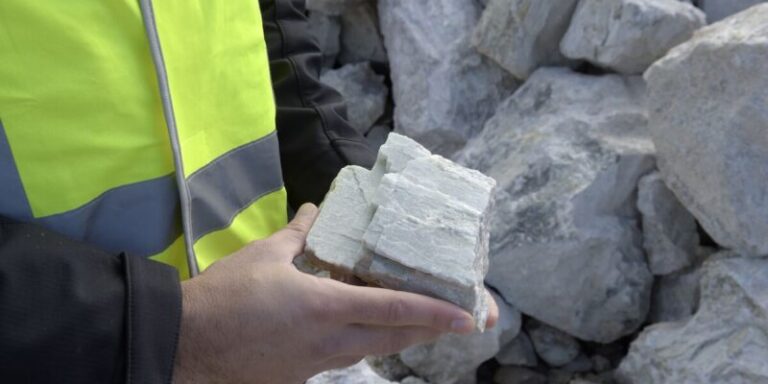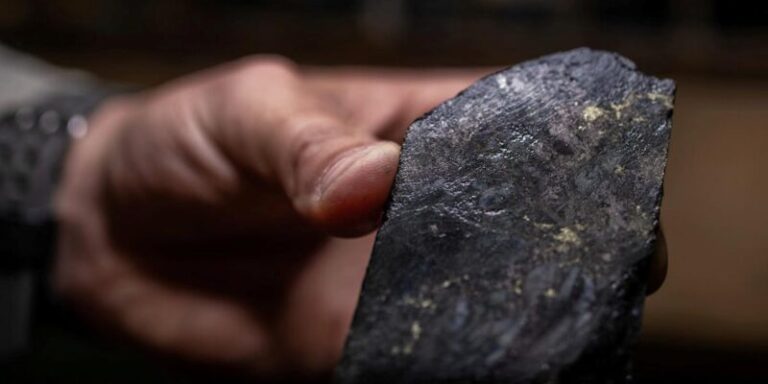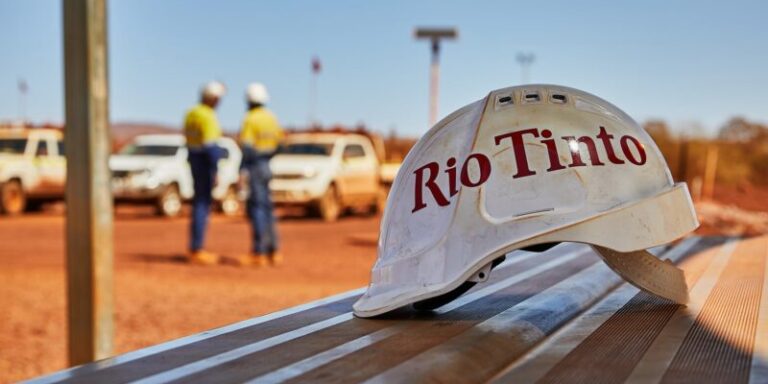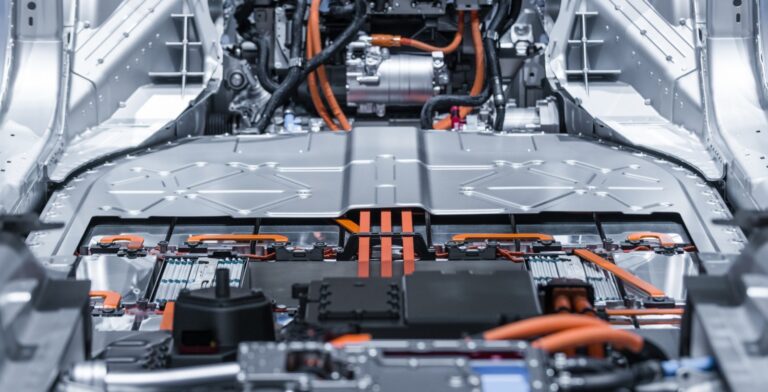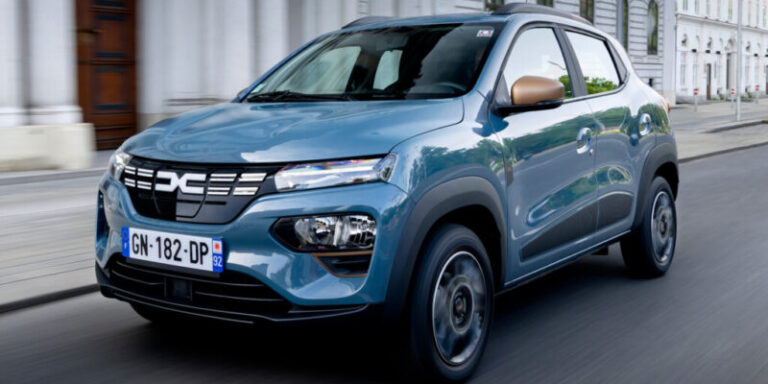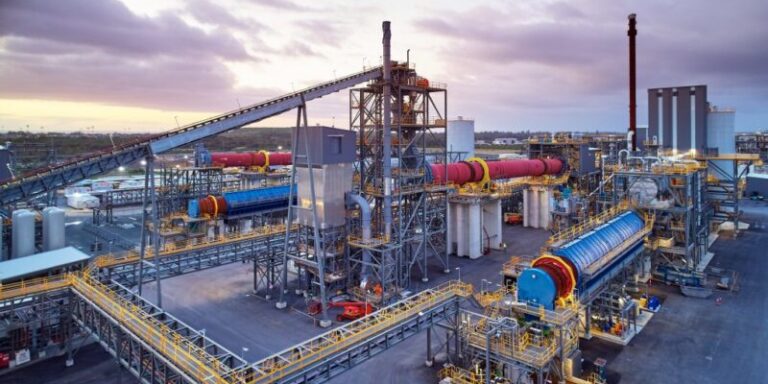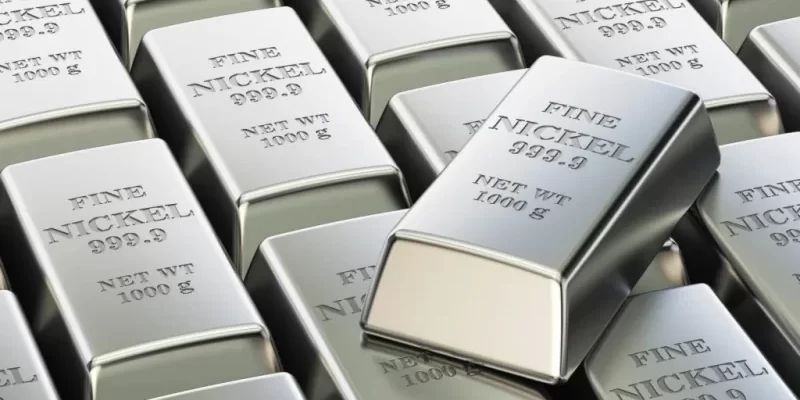
Indonesia, the world’s largest nickel exporter, has a sobering message for struggling producers of the battery metal elsewhere: don’t expect any meaningful revival in prices.
Septian Hario Seto, the government official who has overseen Indonesia’s nickel processing boom, says prices are unlikely to rise much above $18 000 a ton on the London Metal Exchange.
The Southeast Asian nation will ensure the market remains well supplied to keep costs lower for electric vehicle manufacturers, he said.
“This concept has to be well understood by all these nickel producers elsewhere,” Seto, a deputy at the Coordinating Ministry for Maritime Affairs and Investment, said in an interview on Wednesday.
“The purpose for the government is to find an equilibrium so that nickel demand, especially for EVs, is well supplied.”
Nickel prices plunged by around 45% last year, and dipped briefly below $16,000 a ton earlier this month, as demand faltered and supply from Indonesia surged to more than 50% of the global total.
Nearly half of all nickel operations worldwide are unprofitable at recent levels, forcing miners in Australia and New Caledonia to consider shutting down for good.
Prices should stay above $15 000 a ton, Seto said, as Indonesian smelters would be forced to cut production below that level. Nickel was trading at $17,630 a ton on the LME early on Thursday.
While prices of the battery metal have been falling, demand should still increase over the longer term due to increased uptake of EVs.
Indonesia, with the assistance of Chinese companies, has already moved to capitalize on that potential with new processing plants that make mixed hydroxide precipitate, or MHP, a form of nickel aimed squarely at automakers. Jakarta expects the total capacity of those facilities to double in the next three years.
That should be enough to satisfy the sector’s growing demand, Seto said. Indonesia sees keeping prices contained for the EV sector as key to ensuring nickel-based batteries remain competitive with lower cost alternatives including lithium iron phosphate, he said.
“We know what happened with cobalt three, four years ago,” Seto said, referring to a surge in the price of the metal that drove buyers to look at other options.“You have to make sure everyone in the ecosystem has a good profitability, not an excessive one.”
Indonesia’s MHP output, the lion’s share of which comes from Chinese-owned facilities, is increasingly being tied up in off-take deals, Seto said.
Making the chemical is far less carbon-intensive than producing battery grade nickel through coal-powered smelting, which forms the bulk of the South East Asian nation’s capacity.
That’s important for EV firms sourcing Indonesian nickel, who are eager to safeguard their climate credentials.
Several European automakers have been aggressively approaching Indonesian miners in order to lock in supply deals, Seto said, declining to name the firms.
US carmakers, meanwhile, are concerned about Chinese companies dominance of the global battery supply chain.
The Inflation Reduction Act offers generous subsidies for EV production, provided they aren’t built with too high a percentage of Chinese components.
Indonesia has been seeking a critical minerals deal with Washington to ensure its nickel plays a key role in the EV supply chain of American companies.
Jakarta has announced plans to trace ore to assuage concerns about compliance with environmental and labor standards.
“The message that we deliver to the US is that they’re not only facing competition from China for the supply of the nickel coming from Indonesia,” Seto said. “They are also facing competition from their friends in Europe.”


